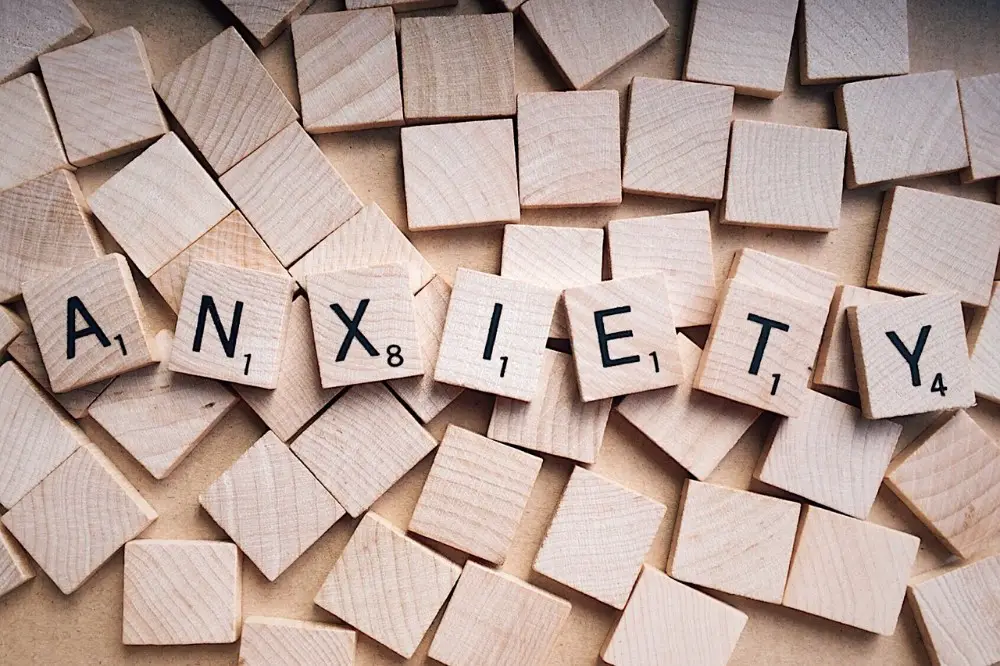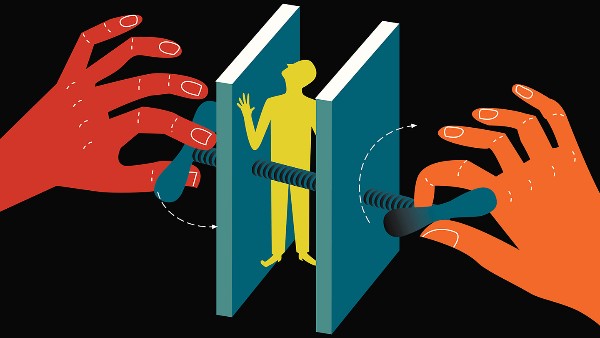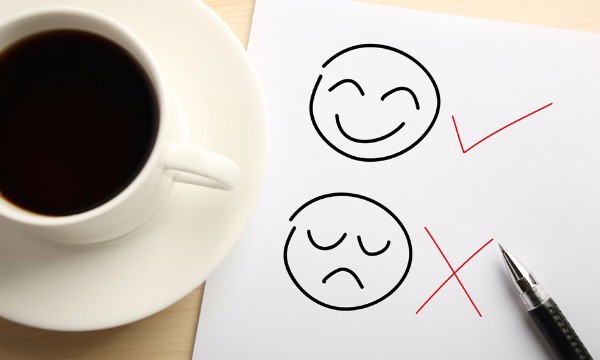Do you resonate with the word anxious? Many people do. In fact, anxiety disorder is the most common mental illness in the world. If you can get past the stigma of the phrase ‘mental illness,’ you might just identify as one of those people. Don’t worry – you’re not alone. 40 million adults in the U.S. experience anxiety regularly, and of those individuals, 7 million have what is known as generalised anxiety disorder.


Facts about anxiety
There are eight different subsets of anxiety disorder, so it tends to manifest itself in such a wide variety of ways. Even if you don’t fit the bill for one of these diagnoses, nearly everyone experiences anxiety whether it’s fleeting moments of it day-to-day, or it wanes and waxes with tougher periods each month. It’s important to note that women are vulnerable to anxiety, being twice as likely to suffer from symptoms, and those symptoms tend to come on at a much younger age for females.
Finally, it’s unsurprising that anxiety generally accompanies other disorders. Many anxiety diagnoses are accompanied by a depression diagnosis. Plus, anxiety can make many physical conditions worse, or cause new physical symptoms to arise. If you can recall your own experience with anxiety, you might associate it with a strange and unsettling gut feeling. This isn’t just in your head; most notably, anxiety is linked to gastrointestinal problems, heart disease, and respiratory issues.
All in all, there’s no denying that the mind and body are closely connected. We can’t have good physical health without good mental health and vice versa. Some foods, for example, are better for others than anxiety, and it goes without saying that a diet comprised of real food is one of the best ways to combat anxiety and depression. We often see people do the Happy Body Formula program reduce symptoms of anxiety and increase overall mood during their time with us. Some supplements, herbs, and foods even have specific properties that can fight anxiety.
While there is no one-size-fits-all approach to managing anxiety, and each person’s experience with it differs in severity, frequency, and symptoms, we know one thing: being armed with good coping skills and lifestyle habits (plus a support network and medication if needed!) work.
Fight anxiety at the core


One of the most common manifestations of anxiety is this voice in our heads telling us don’t. You know what you should do in the face of this relentless doubt? Do it anyways. The reason this works is because it sort of puts us in fight or flight mode. While we don’t want to spend much time there, denying your anxiety the victory of convincing you that you aren’t going to succeed, or you aren’t going to be perfect, or you’re not x, y, or z enough for something is going to push you into decision-making mode.
Okay – you’re not the only one whose anxiety spiked just thinking about the prospect of a lack of time to think about things. In reality, though, if you can push past that hurdle into just doing the thing, you’re going to lose quite a bit of weight from your shoulders. While you indulge your anxiety and procrastinate, those pesky thoughts are going to get worse. They’re going to get bigger, darker, scarier, and less true the longer you wait. This tip is especially helpful for those whose anxiety tends to boil up before big events, work projects, dates, or any instance wherein you are the star of the show.
Go ahead and do it – whatever it is you’re afraid you’ll fail it. As they say, “Don’t let the fear of striking out prevent you from playing the game.”
When you procrastinate… procrastinate anxiety


Listen; I know anxiety isn’t a choice, and that means deciding, “Oh, I don’t have anxiety right now!” is also not a choice. Hear me out, though. This little trick is a good one. Think about a cookie on the table. You’ve been eating well all week, and you’re ready to just bite the bullet. It’s you and the cookie, and nobody is going to scold you for snagging it. You can get away with it, but do you REALLY want it? There are so many other factors at play, but our brains are wired to crave immediate gratification. The cookie? Think of it like your anxiety.
The option to leave it there all day and head home without having given in is there, but you don’t even have to take it that far. It’s a lot of pressure, and pressure tends to make anxiety far worse. Set a timer for ten minutes instead, and then worry. When the time is up, set another ten-minute timer and let yourself stew in the worrisome thoughts bouncing around in your brain. When that timer is up, it’s time to give it up.
By creating space for your anxiety, you train the brain (thus creating new neural pathways) to welcome anxiety. Yeah – give it a hug, pour it a drink, let it get comfortable. Allow it be there. This new attitude will help you to fear anxiety less, and over time, lessen its impact on you.
Get connected


Perhaps one of anxiety’s major downfalls is its uncanny ability to convince us to be alone. Lock the doors, get under the covers, turn off your phone, and don’t come out… whatever you do. Sometimes, anxiety can feel a bit too much like the zombie apocalypse and all of a sudden, we’re tucked away fending for ourselves. Except nobody has turned into a zombie, and the outside world holds no more risk than it usually does, and our friends and family still love us. Oh yeah, that’s another fun anxiety thing – we convince ourselves that everyone we know hates us!
Connection is a powerful tool. The longest-lived communities on Earth are generally comprised of people who value deep, authentic connection to many other people, and these individuals are largely a part of tight-knit groups, villages, or families. It’s not really about us, though. It’s about someone else needing us. Have you ever been in the pits of anxiety, only to actually answer the phone for a friend in distress? Have you had a bad day, only to find out your partner has to when he or she comes home? Someone else’s distress tends to shut ours down or at least turn it down a notch as we step up to be there.
It’s not selfish, nor does it mean we wish pain upon our loved ones, but it certainly helps in giving us something to live for, bringing back meaning to our lives, and offering perspective. Anxiety makes every little thing feel like the end of the world; our problems begin to take up far more space than they are worthy of. Being able to help someone else helps us realise how menial many of those things we get worked up over truly are.
If you’re suffering, know that you don’t have to go at it alone. Talking with a therapist is helpful for many people with anxiety, and so is medication. Developing good coping skills is crucial for managing stressors and your individual reaction to them – big and small. We hope you learnt something new in this article today. Stay positive!
Music, mountains, dogs, travel, food and friends.

